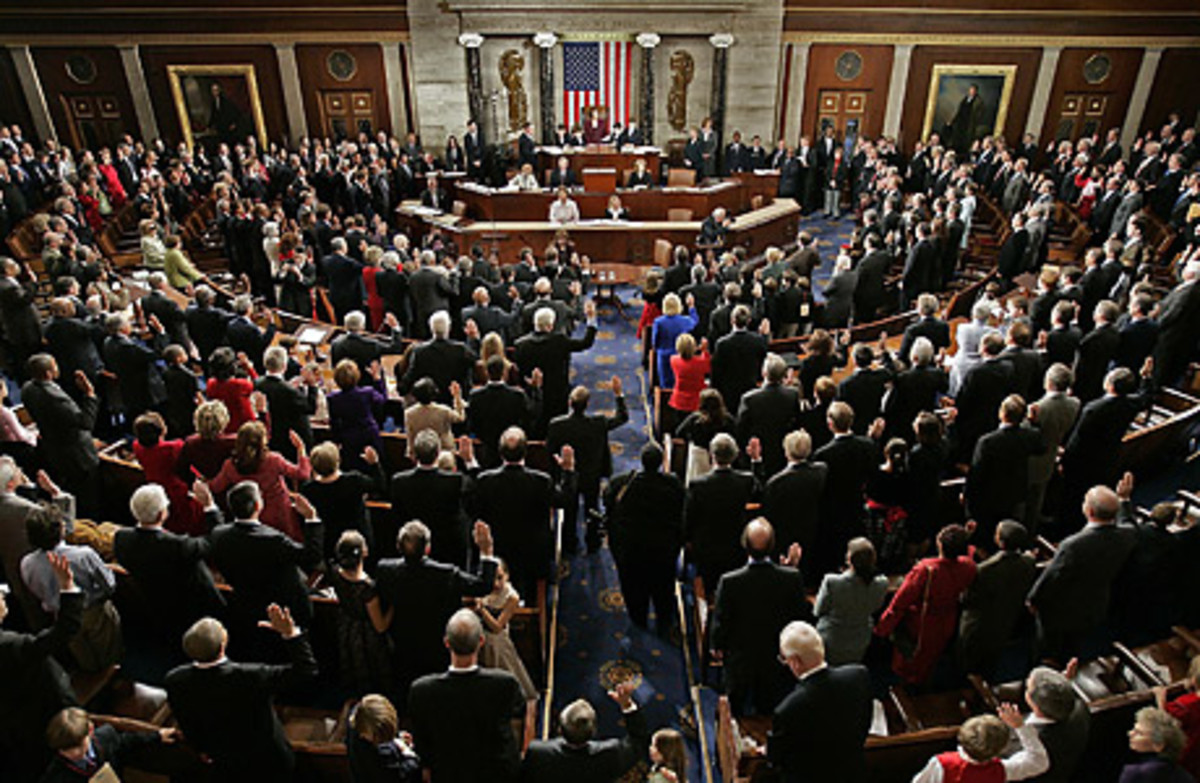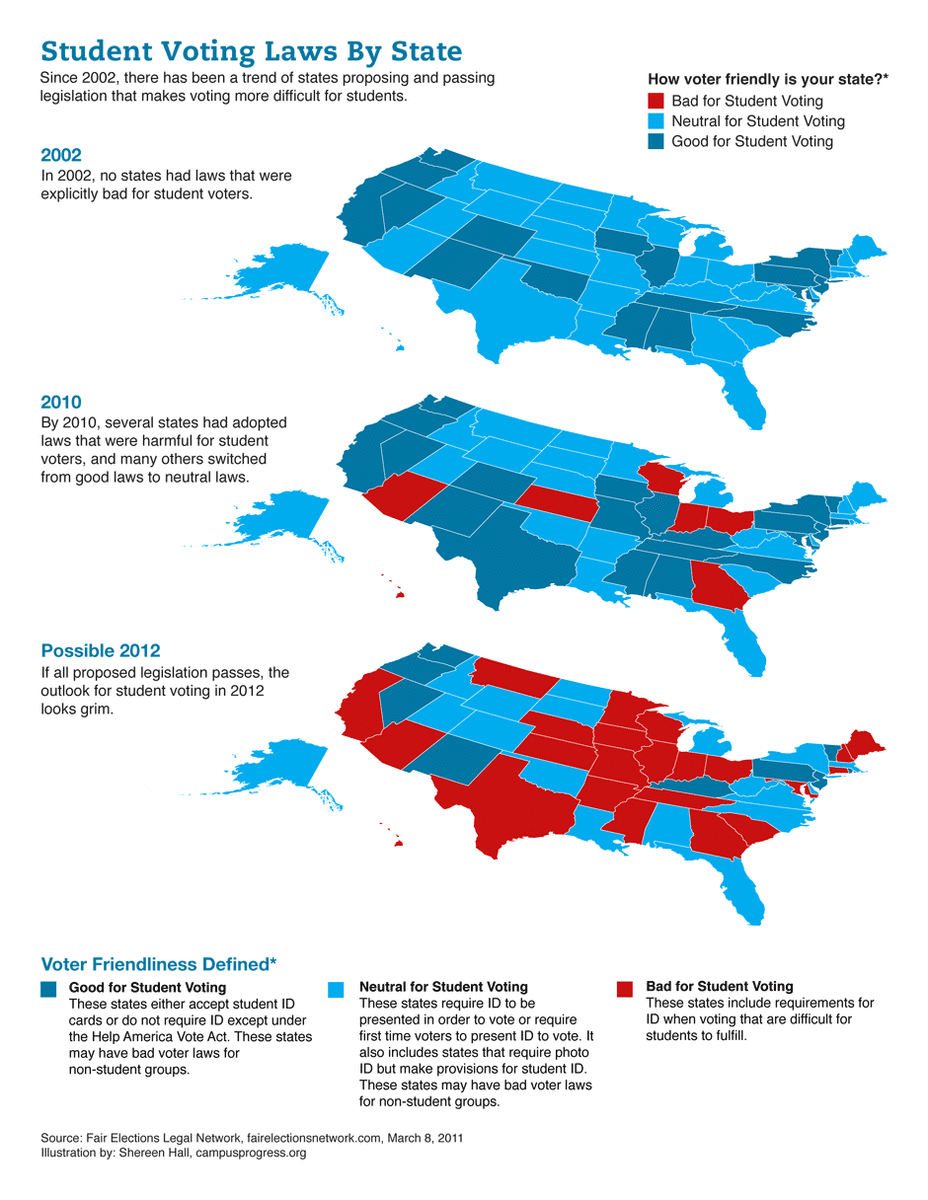Changing the content of federal and state legislation
The process for generating legislative actions perhaps at the state level but definitely at the federal level is in a sad need of revamping. A large majority of legislative actions being processed in Congress today are hundreds of pages long and in some cases the length can be over a 1,000 pages. The problem is not necessarily the length but the content between the first page and the last.
It is understood that that certain elements are required to be a part of legislative proposals and I am not proposing to change these details but changing how the requirements are presented. I have read some legislative proposals and they are written so vague in many cases you could drive a truck through it. This needs to change but the question to be answered is what changes need to be made to the process.
The answer is surprisingly a simple one. While there needs to be references to requirements of other laws or regulations in some cases specific language needs to be engrained as to the limits of authority departments and agencies have in enforcing them. Some may say that this would hamper these entities from doing their job and to that I say no. The current overreach of the federal government takes its cue from the vague language in the laws being created by Congress. Currently executive departments and agencies are creating and have created rules and regulations which in some cases only bear a small resemblance to the legislation they are enforcing.
Changing the scope and details of legislative proposals which get signed into law requires that specific instructions as to the power any department or agency has in terms of enforcement. The problem is not that specific instructions are included in legislation it is that government overreach can be reduced or eliminated by specific language. This concept seems to be an idea which has come to fruition in Congress to some extent. It is understood that the process of generating legislative proposals involves what appears to be a complex process before it is finalized and presented to the full legislative body such as the House of Representatives and the Senate. This also needs to change. While there needs to be a method of evaluating proposals the process should not be so complex.
Executive departments and agencies need to have the capability to accomplish their responsibilities associated with the legislation they are entrusted to enforce. Clearly the intent of the legislation needs not only be defined but the process for accomplishing it. This aspect of any legislation is missing in numbers that would blow your mind. There are hundreds if not thousands of legislative actions which become law each legislative session. If the intent of specific requirements and the process for getting there is unclear government entities should not take it upon themselves to decide the intent. It is Congress who must answer these types of questions not the government entity.
We often do not think of the legislative process at the state government level but the process from what I understand is the same. Legislative proposals are generated and go through an evaluation process before they are voted upon by the full legislative body as applicable. Clarity in any legislative proposal or law benefits each and every citizen in that they can understand what a government entity can or cannot do with specific legislative signed into law either by a Governor or the President.
One specific aspect which should be put in place with reference to content is the criteria which allow an entity to operate and make decisions associated with laws they are to enforce. Additionally there should be established criteria which require congressional approval before rules and regulations can be implemented. The political world would be a far different place if such criteria were put in place and so would the country. Our elected officials at the state and federal level are sent to protect our rights as identified in the Constitution. There are two critical elements involved in living up to this responsibility. One is to not proposal any legislation which steps on our rights in the Constitution such as the Bill of Rights. The other aspect is controlling the rules and regulations issued by government entities through clearly written legislation as to what a department or agency can do and what must be reviewed and blessed by the applicable legislature before they can be implemented. Failure to do this is a disservice to the constituents who sent them to represent their interests and the interest of the country. Both political parties need to put the country first not their political ideology.








